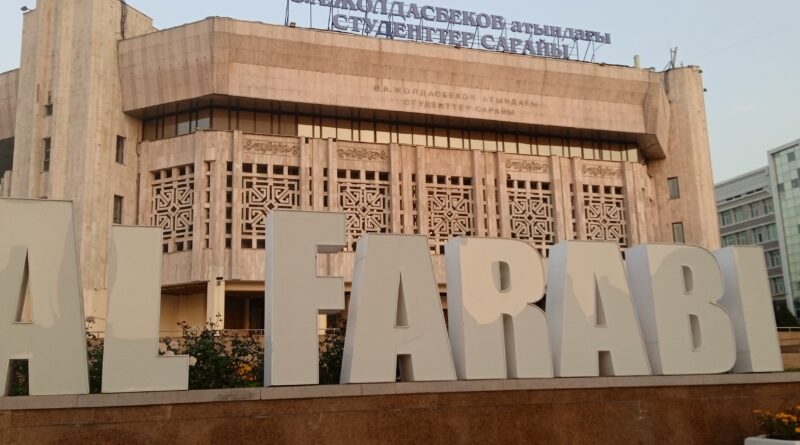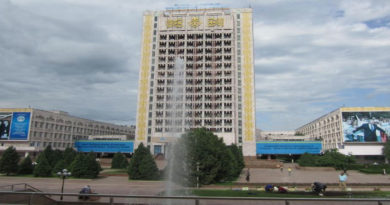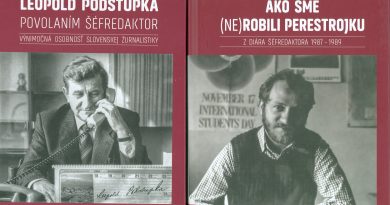Media and Information Literacy in the Digital Space
ALMATY – Within the framework of the Global Media and Information Literacy Week, the Al-Farabi Kazakh National University hosted the IV Central Asian Scientific Seminar “Media and Information Literacy in Digital Space” in cooperation with the UN Global Communications Department – UN Department of Public Information in Almaty.
At the opening of the event, Lyazzat Erkinbaeva, the University’s Academic Affairs Projector, emphasized that accuracy, reliability, and legal protection of information are the priority directions of state policy. She also noted that the share of scientific research in
increasing academic impact is growing in digital education. Anel Koshkenbaeva, representative of the Department of State Media Policy of the Ministry of Information and Culture of the Republic of Kazakhstan, highlighted that with active consumers of networks and channels in obtaining information, media literacy is the most important issue.
UN Information Office in Almaty emphasized that media and information literacy in the digital space is on the collective agenda of the UN. He noted that the barrier-free flow of information requires verification of its authenticity. The influence of artificial intelligence on digital information is growing. Recognizing the information prism poses new challenges for professionals, and the algorithm of information dissemination is changing. Therefore, media literacy is growing for the benefit of society.

During the seminar, Emmanuel Focillon, attaché for audiovisual cooperation in Russia, Kazakhstan, Tajikistan, Uzbekistan, Kyrgyzstan, Armenia, summarized that programs such as “Factchecking” and “mobile shooting” in the field of digital media together with the Faculty of Journalism at KazNU have been successfully completed with participation from journalism faculties across Central Asian countries. In the near future, educational projects in VR journalism will be presented.
Additionally, during the seminar, KazNU scientists presented their grant project funded by the Ministry of Science and Higher Education of the Republic of Kazakhstan on applied research for developing an information resource in digital literacy to identify indicators of misinformation and disinformation in Kazakhstan.
The scientific adviser of this project Prof. Thomas Hanitzsch, head of the Department of Media and Communications at LMU Munich, noted that a group of scientists working in social networks and mass communications, conducting research on the study and identification of misinformation and indicators of disinformation.
The results of this study will contribute to empowering the public to learn about media and information literacy and improve the information culture of young people. The research team includes researchers from Germany, Kyrgyzstan, Slovakia, Tajikistan,
Uzbekistan, as well as master’s and PhD students from the Faculty of Journalism.
Gulmira Sultanbaeva, Professor





